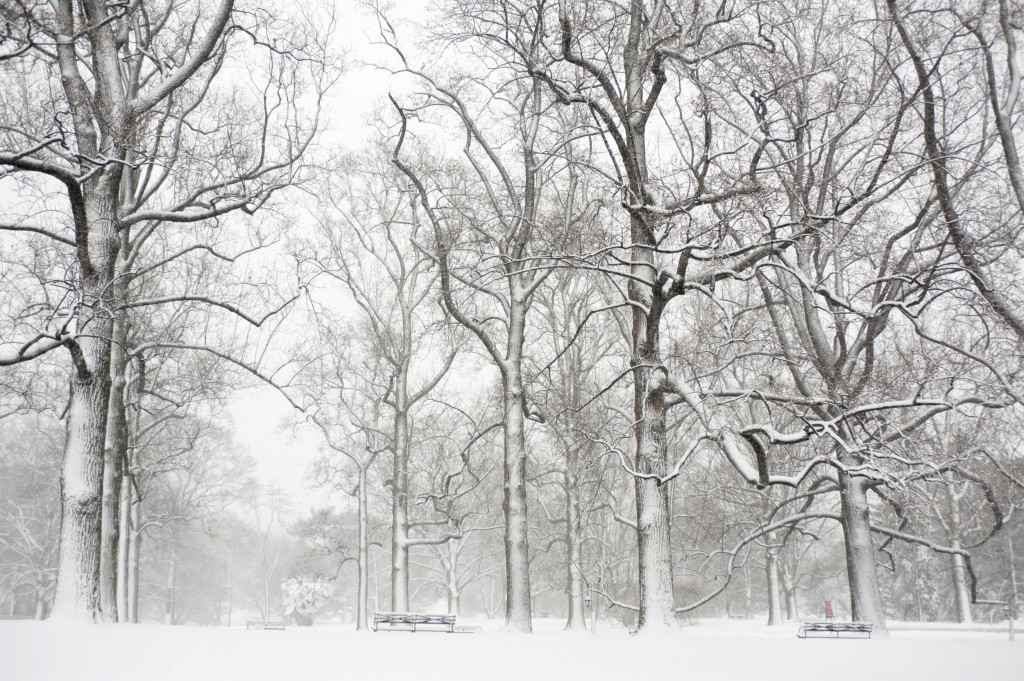
It’s kind of weird that I should toss up such a long post on the subject of silence, but that’s how it is. I just haven’t wanted to say anything for awhile. That’s not true, I’ve wanted to say a lot, but I haven’t said what didn’t need to be said.
The world seems awfully noisy these days. When I manage to quiet the first impulse to talk back, I find that nothing needs to be said. There’s a thought: maybe nothing at all ever needs to be said! Should I ever confirm that for myself I won’t be talking about it, so I encourage you to investigate silence for yourself.
Everywhere there’s an argument, a cause, a rumble. An upset in the paper, a battle on Twitter, an outrage on Facebook, a side for, and another side in stark raving opposition. Perhaps this is what happens this time of year, in the fearsome dark and slogging cold (or alarming heat) of winter. We go stir-crazy. We pick fights, name names, make enemies, slam doors, close our ears and pound out open, clever, biting letters, as though our point of view is an urgent and necessary correction to the world’s spin.
Anytime I feel like my opinion is a matter of life and death I’m overlooking life and death.
Dogo and Zengen came to a house to express condolences. Zengen tapped on the coffin and said, “Is this life or death?” Dogo said, “I don’t say life, I don’t say death.” Zengen said, “Why don’t you?” Dogo said, “I won’t say, I won’t say.”
On the way back Zengen said, “Master, please say it to me right away. If you don’t, I shall hit you.” Dogo said, “If you want to hit me, you can hit me. But I will never say.” Thereupon Zengen hit him.
Some time later Dogo passed away. Zengen went to Sekiso and told him what had happened. Sekiso said, “I don’t say life, I don’t say death.” Zengen said, “Why don’t you?” Sekiso said, “I won’t say, I won’t say.” With these words, Zengen came suddenly to an insight.
This is a koan, a Zen teaching story from a long time ago. I encountered it myself a while back and now I’m realizing how deeply it impacted me. I first came upon it around the time my mother was dying, and I thought at first that it might settle some of my distress surrounding death, and how to prepare, what I should know, how it would be, and if there was a Zen answer that I could enlighten her with. It does give the answer, completely, just not in words. read more




 When you’re as easily teased by Buddhist discourse as I am, you can see the same arguments over and over. Among the refrains I keep hearing are the ones I call The Biggest Lies in Buddhism. Believing them is serious self-deception and keeps you in a world of trouble.
When you’re as easily teased by Buddhist discourse as I am, you can see the same arguments over and over. Among the refrains I keep hearing are the ones I call The Biggest Lies in Buddhism. Believing them is serious self-deception and keeps you in a world of trouble. We are enslaved by our understanding of “I” –
We are enslaved by our understanding of “I” –  She’s going to be in 5th grade.
She’s going to be in 5th grade. Flowers fall with our longing, and weeds spring up with our aversion – Dogen
Flowers fall with our longing, and weeds spring up with our aversion – Dogen







